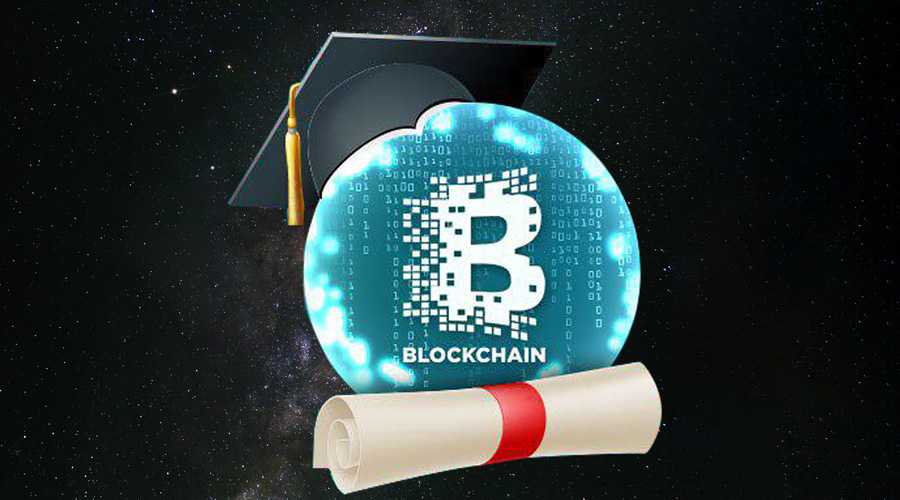Blockchain technology in education
The World Scholarship Foundation is using blockchain technology to ensure the future of education
Education is one area where blockchain is just getting started. Blockchain technology in education is still in its early stages, with only a few institutions using the technology. Blockchain technology is now being used largely to store and exchange academic data and certificates by institutions that have accepted it. Researchers think that technology has the potential to transform education in a variety of ways, including increasing possibilities for lifelong learning, increasing efficiency for instructors through smart contracts, and giving students ownership of their academic records, among other things.
Record keeping is one of the most common uses of blockchain in education. The quantity of student records is almost infinite, and confirming academic qualifications can be time-consuming, requiring extensive paper documentation and case-by-case verification. It can reduce the number of time educators and administrators spend on things like transfers across schools or states by removing most of the overhead involved with the process and streamlining verification procedures. With a few easy clicks, an institution admitting a transfer student may validate their record and the courses they took using blockchain.
Lifelong learners would benefit greatly from blockchain, particularly the notion of a permanent digital transcript. Education has become more globalized as a result of lifelong learning and people are always gaining new skills and improving old ones, whether through a degree, a certificate, or a digital badge. In a society defined by technological dynamism, lifelong learning is likely to become increasingly important, and the need for blockchain-based certification may rise as a result.
While the potential is exciting, concerns like data security, scalability, and cost all pose barriers to widespread blockchain technology use in the education sector. blockchain is expected to play a bigger role in the field of education as technology advances. Individuals with a bachelor’s degree in computer science can better grasp how blockchain may be used in education and other fields.
On 28th July 2021, Nicholas Dorion, President, and CEO of the charity World Scholarship Foundation announced the official start of the foundation’s philanthropic operations. The organization intends to assist students by giving scholarships through a new model based on blockchain technology. Most people connect blockchain with cryptocurrency like Bitcoin. On blockchain technology, data is kept in blocks that are linked together in chronological sequence, making it relatively straightforward to trace the data’s origins and verify its legitimacy.
As the first official philanthropic cryptocurrency project, this effort sets the way. It’s a chance to show how blockchain technology may be used to boost social development and prosperity. The foundation strives to highlight the actual benefits of cryptocurrencies for society by addressing issues relating to appropriate education, which is an area that needs substantial support all across the world.
Scholarship Coin (SCHO), the main cryptocurrency, and Scholarship Token (STO), a stable-valued token variant of SCHO, are both parts of this scholarship scheme. Scholarship Coin (SCHO), the primary coin, is a decentralized mineable coin similar to Bitcoin. The World Scholarship Foundation will participate in mining activities to develop its treasury, which will be used to regulate the supply of the stable token to keep its value at 1 Dollar (USD or CAD). The World Scholarship Foundation Award platform will use the generated stable tokens to reward students according to their academic success. The primary coin, SCHO, was released in February 2021 and is now mineable. It’s also available on Dex-trade.com and Vindax.com, two cryptocurrency exchanges.
Dorion said that ‘Education is the cornerstone of any civilization’. It is a basic foundation for accessible and endless riches, therefore having a support system that can elevate and encourage it by remunerating all students for their academic achievement, whether they have challenges or not, is critical. Lower socioeconomic classes will be able to pursue an educational route rather than other low-income possibilities that are given to them during their infancy since education will provide them with a long-term source of income.
At this time, the incentive platform and stable coin are being created, with a trial with a Canadian institution slated for January 2022. The organization intends to make its scholarship platform available to all accredited educational institutions across the world by first integrating it into North American education systems. This initiative is a bridge to better days, a bridge to the future, and a bridge to universal access to and remuneration for education.



